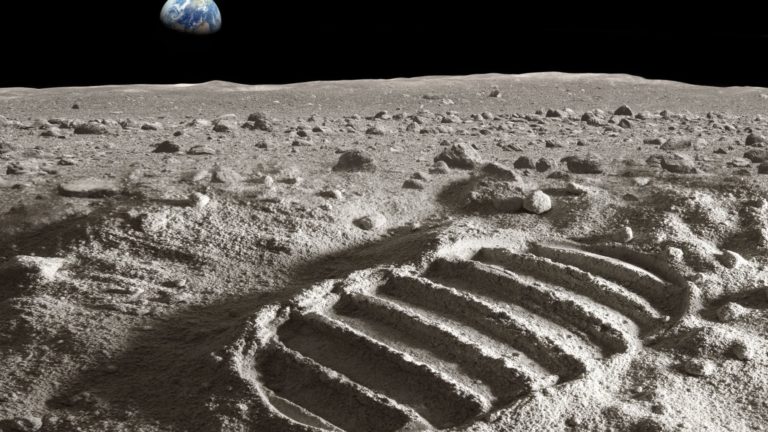"Dream, Dream, Dream! Conduct these dreams into thoughts, and then transform them into action."
- Dr. A. P. J. Abdul Kalam
"Dream, Dream, Dream! Conduct these dreams into thoughts, and then transform them into action."
- Dr. A. P. J. Abdul Kalam
3 Apr 2024
According to a document obtained by Reuters, the director of the White House Office of Science and Technology Policy (OSTP) gave the space agency instructions to collaborate with other branches of the federal government to come up with a plan by the end of 2026 for establishing what the agency referred to as a Coordinated Lunar Time (LTC). Time moves differently on the moon and other celestial bodies than on Earth due to differences in gravitational pull and maybe other variables. The LTC would, among other things, offer a timekeeping standard for satellites and lunar probes whose missions demand exact timing. "The same clock that we have on Earth would move at a different rate on the moon," Kevin Coggins, NASA's space communications and navigation chief.

(Source: Google Images)
NASA plans to send astronauts to the moon as part of the Artemis program shortly, to establish a research lunar facility that might serve as a springboard for future Mars missions. Numerous businesses, spacecraft, and nations are participating in the endeavor. According to an OSTP official, it would be difficult to guarantee safe data transfers between spacecraft and synchronized communications between Earth, lunar satellites, bases, and humans without a single lunar time standard.

(Source: Google Images)

( Source: Google Images)
The Disputive Nature Of Time With Ultra-Pro Human Advancements ~
The official said that handling the logistics of the lunar business, guaranteeing transaction dependability, and coordinating operations will all depend on a single time standard as economic activity spreads to the moon. NASA said in January that it had planned the first manned lunar landing since the Apollo program's termination in the 1970s for September 2026. The mission, which would include four men traveling around the moon and returning, will take place in September 2025. Although the US is the only nation to have sent humans to the moon, other nations have aspirations to get there as well. Potential mineral riches on the moon have drawn the attention of several nations, and lunar colonies may be necessary to support crewed trips to Mars and other planets in the future. China declared last year that by 2030, it wanted to send its first humans to the moon. Japan became the sixth nation to land a spacecraft on the moon in January. India made history last year when it was the first nation to land a spacecraft close to the uncharted south pole of the moon. By 2040, it hopes to have an astronaut on the moon. "U.S. leadership in defining a suitable standard - one that achieves the accuracy and resilience required for operating in the challenging lunar environment - will benefit all spacefaring nations," the document from the OSTP said. The email stated that international agreements through "existing standards bodies" and among the 36 countries that have signed the Artemis Accords will be necessary to define how Coordinated Lunar Time will be implemented. The two primary adversaries of the United States in space, China and Russia, have not ratified the Artemis Accords. This is pertaining to national policies on the moon and in space. According to the OSTP official, Coordinated Universal Time may have an impact on how Coordinated Lunar Time is applied. Coordinated Universal Time is defined as an international standard by the International Telecommunication Union of the United Nations.